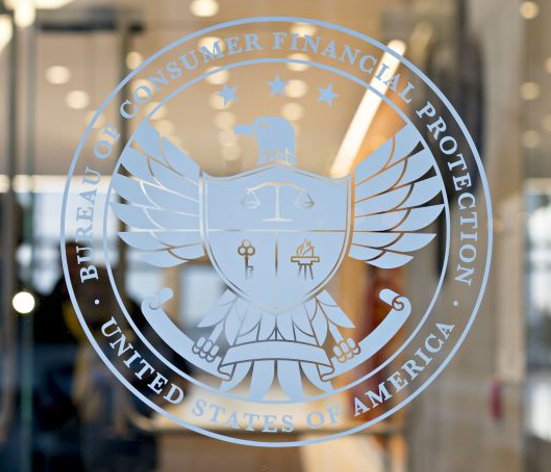
October 21, 2022
The Consumer Financial Protection Bureau (CFPB), a U.S. government agency dedicated to making sure consumers are treated fairly by banks, lenders, and other financial institutions (including Buy-Here-Pay-Here dealerships), took a massive hit in court recently when a federal appellate court invalidated the CFPB’s Payday Lending Rule.
Sitting beneath the U.S. Supreme Court are twelve appellate circuit courts. In invalidating the Payday Lending Rule, the Fifth Circuit determined that the Consumer Finance Protection Bureau (CFPB) has an unconstitutional funding structure, and that the Payday Lending Rule was invalid because the CFBP used some of these unconstitutional funds to conduct research about the rule that was passed.
Unlike other executive agencies that must rely on annual appropriations for funding with Congressional approval, the CFPB has a self-actualizing, perpetual funding mechanism. Each year, the CFPB simply requests from the Federal Reserve an amount “determined by the Director to be reasonably necessary to carry out” the Bureau’s functions, and the Federal Reserve must grant that request so long as it does not exceed 12% of the Federal Reserve’s total operating expenses.
The Fifth Circuit noted that “[t]he Appropriations Clause’s ‘straightforward and explicit command’ ensures Congress’s exclusive power over the federal purse” and that “[a]ny exercise of a power granted by the Constitution to one of the other branches of Government is limited by a valid reservation of congressional control over funds in the Treasury.”
The Fifth Circuit held that because the Payday Lending Rule was passed with the improper use of unappropriated funds, for matters like conducting research about the Rule, the challenger was entitled to a “rewind” of the Rule. Of course, the 5th Circuit’s Ruling will be further challenged, but this puts other rules imposed by the CFPB in the crosshairs, as they too were likely passed after said funds were used to conduct research.
Should these court actions create a regulatory vacuum, expect the FTC to step-up its rule-making and enforcement actions against financial institutions.

